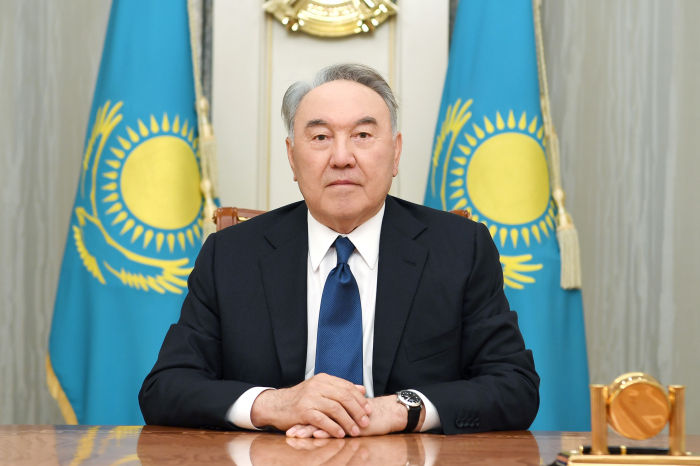According to the press service, Nazarbayev supported the call for an end to hostilities in Nagorno-Karabakh.
Nursultan Nazarbayev expressed concern over the escalation of the conflict, noting the importance of starting negotiations between the two states, which will serve to quickly stabilize the situation in the region.
Armenian Armed Forces launched a large-scale military attack on positions of Azerbaijani army on the front line, using large-caliber weapons, mortars and artillery on Sept. 27.
Azerbaijan responded with a counter-offensive along the entire front. As a result of retaliation, Azerbaijani troops managed to liberate certain territories previously occupied by Armenia, as well as take important heights under control.
Military actions continued on Sept. 29 - 30. According to a statement from Azerbaijan's Defense Ministry, the Armenian armed forces have suffered heavy losses along the entire front line from Sept. 27 through Sept. 30, including tanks, armored vehicles, artillery installations, rocket launch systems, as well as command and observation posts, air defense systems, etc.
The conflict between the two South Caucasus countries began in 1988 when Armenia made territorial claims against Azerbaijan. As a result of the ensuing war, Armenian armed forces occupied 20 percent of Azerbaijan, including the Nagorno-Karabakh region and seven surrounding districts.
The 1994 ceasefire agreement was followed by peace negotiations. Armenia has not yet implemented four UN Security Council resolutions on the withdrawal of its armed forces from Nagorno Karabakh and the surrounding districts.
More about: #Nagorno-Karabakh
















































